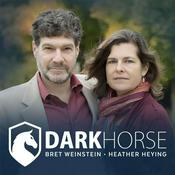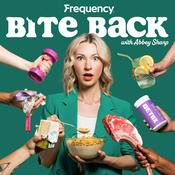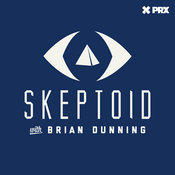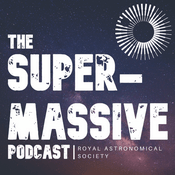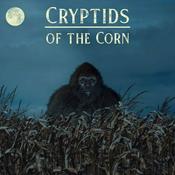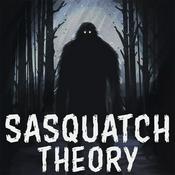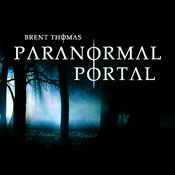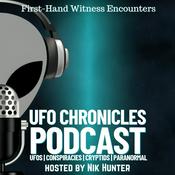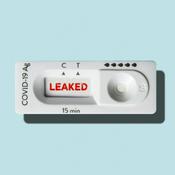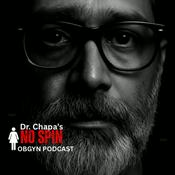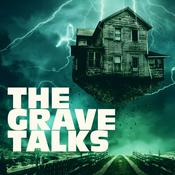1227 episodes
- Forty years ago this week, the space shuttle Challenger exploded in flight, 73 seconds after liftoff from Cape Canaveral. All seven crew members were killed. In the months that followed, the tragedy was traced to a failed O-ring in one of the shuttle’s rocket boosters. Now, with the Artemis II mission preparing for launch to lunar orbit, what have we learned about spaceflight and risk?
Former astronaut Jim Wetherbee joins Host Ira Flatow to remember the Challenger tragedy, and look ahead to the age of private spaceflight and the upcoming Artemis II mission.
Guest: Jim Wetherbee is a former NASA astronaut, the former head of flight crew operations for NASA, and the author of Controlling Risk: Thirty Techniques for Operating Excellence.
Transcripts for each episode are available within 1-3 days at sciencefriday.com.
Subscribe to this podcast. Plus, to stay updated on all things science, sign up for Science Friday's newsletters. - A rogue strain of flu, subclade K, has sickened more than 19 million people in the US so far this season. And the flu shot hasn’t offered that much protection. What’s going on with this superflustorm?
Joining Host Flora Lichtman with some answers is Jennifer Duchon, a pediatric infectious disease specialist.
Guest: Dr. Jennifer Duchon is a pediatric infectious disease specialist at Mount Sinai Hospital in New York.
Transcripts for each episode are available within 1-3 days at sciencefriday.com.
Subscribe to this podcast. Plus, to stay updated on all things science, sign up for Science Friday's newsletters. - This time last year, Los Angeles was on fire, and more than 16,000 homes and buildings burned to the ground. Cars, batteries, solar panels, insulation, and cleaning supplies went up in flames, releasing chemicals like lead, benzene, and asbestos into giant smoke plumes that wafted across the city.
A year later, scientists are trying to understand the fallout of this urban wildfire—what chemicals got left behind, how to remediate them, and the threats to our health. Host Flora Lichtman talks with Yifang Zhu and Francois Tissot, who are at the forefront of this research. And for one of them, this work is personal.
Guests:
Dr. François Tissot is a professor of geochemistry at Caltech in Pasadena, California.
Dr. Yifang Zhu is a professor of environmental health sciences at the University of California, Los Angeles.
Transcripts for each episode are available within 1-3 days at sciencefriday.com.
Subscribe to this podcast. Plus, to stay updated on all things science, sign up for Science Friday's newsletters. - Deepfakes have been everywhere lately, from fake AI images of Venezuelan leader Nicolás Maduro following his (real) capture by the United States, to X’s Grok AI generating nonconsensual images of real people in states of undress. And if you missed all that, you've almost certainly had your own deepfake close encounter in your feed: maybe rabbits bouncing on a trampoline or an unlikely animal friendship that seems a little too good to be true.
Deepfakes have moved beyond the realm of novelty, and it’s more difficult than ever to know what is actually real online. So how did we get here and what is there, if anything, to do about it?
Joining Host Flora Lichtman are Hany Farid, who’s studied digital forensics and how we relate to AI for over 25 years, and Sam Cole, a journalist at 404 Media who’s covered deepfakes and their impact since 2017.
Guests:
Dr. Hany Farid is a professor of electrical engineering and computer sciences at University of California, Berkeley.
Sam Cole is a journalist at 404 Media, based in New York, NY
Transcripts for each episode are available within 1-3 days at sciencefriday.com.
Subscribe to this podcast. Plus, to stay updated on all things science, sign up for Science Friday's newsletters. - When it comes to “bad” cholesterol, most cardiologists say lower is better. But what’s the best way to get that number down? Can diet and exercise alone do the job?
Cardiologists Kiran Musunuru and Neha Pagidipati join Host Ira Flatow for a look at the latest in cholesterol-lowering treatments, including CRISPR technology that could turn off cholesterol-making genes for life. How does it work, and is it safe?
Guests:
Dr. Kiran Musunuru is the scientific director of the Center for Inherited Cardiovascular Disease at the Perelman School of Medicine at the University of Pennsylvania.
Dr. Neha Pagidipati is the director of the Cardiometabolic Prevention Clinic at the Duke University School of Medicine in Durham, NC.
Transcripts for each episode are available within 1-3 days at sciencefriday.com.
Subscribe to this podcast. Plus, to stay updated on all things science, sign up for Science Friday's newsletters.
More Science podcasts
Trending Science podcasts
About Science Friday
Covering the outer reaches of space to the tiniest microbes in our bodies, Science Friday is the source for entertaining and educational stories about science, technology, and other cool stuff.
Podcast websiteListen to Science Friday, Something You Should Know and many other podcasts from around the world with the radio.net app

Get the free radio.net app
- Stations and podcasts to bookmark
- Stream via Wi-Fi or Bluetooth
- Supports Carplay & Android Auto
- Many other app features
Get the free radio.net app
- Stations and podcasts to bookmark
- Stream via Wi-Fi or Bluetooth
- Supports Carplay & Android Auto
- Many other app features


Science Friday
Scan code,
download the app,
start listening.
download the app,
start listening.







